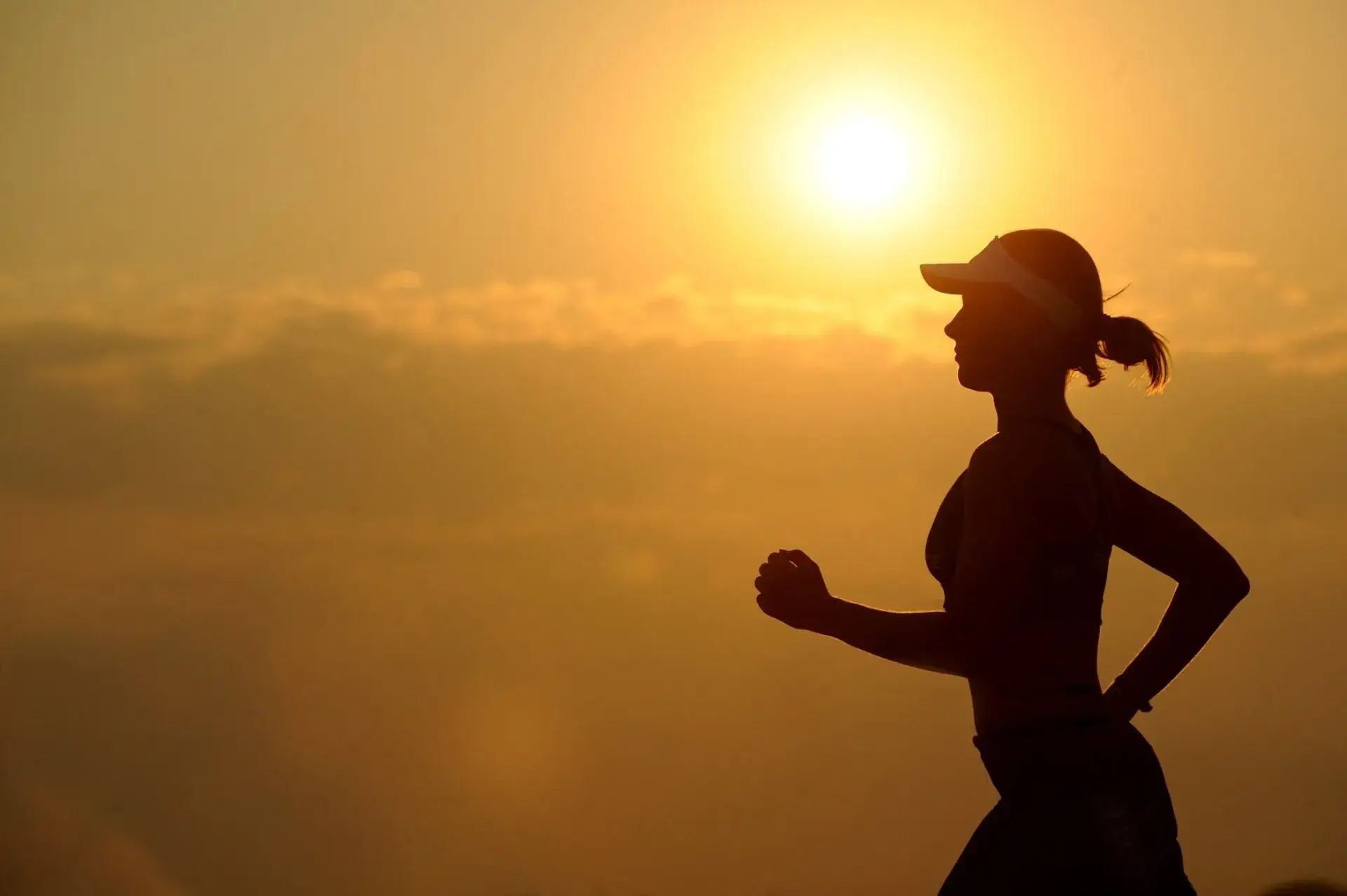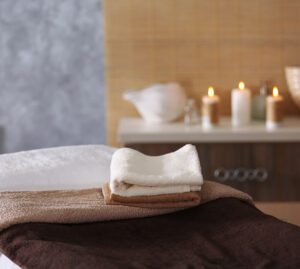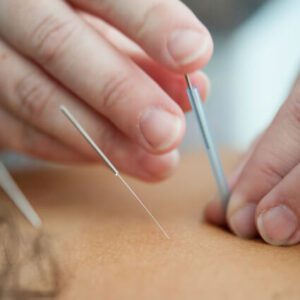
New year, new life…
… and with it many renewed resolutions and desires. The end of the year is naturally an important time for humans, as they represent the end of one cycle and the beginning of another. There is a natural tendency to analyze what happened throughout that year, good and less good things, and there is also the desire to revive old objectives (that were not met), define new things that we want to implement into practice, or even put into practice some ideas that until then were only on paper or in your head.
These vows typically include spending more time with family, doing more sports, getting promoted, eating healthier, earning more money, sleeping more hours (or better), having better relationships as father/mother/spouse/children, etc., launch a book or a business, emigrate, among others, depending on the priority scheme for the person in question.
The challenge appears when we realize that after 1 month these resolutions have already gone down the drain, and then the sadness and frustration of feeling that we are not capable of taking control of our lives returns.

I would say that most people are averse to change, or that at least its potential existence generates some type of anxiety or anguish. The difficulty of changing can have many origins:
-
- fear of change or the unknown
-
- fear of other people’s judgement
-
- not knowing what you want (even if you know what you don’t want)
-
- difficulty setting goals
-
- not knowing who to ask for help
-
- not correctly establishing priority
-
- not having enough discipline
I know you would like me to include “not having time” here, but I won’t because I believe that there is never a lack of time. There may be a lack of priority. Even when they tell me they don’t have time to exercise, I can agree, but don’t say it’s because of a lack of time: it’s simply more important to earn money to pay the bills and have food at the table, rather than investing 1 hour a day training at home or in a gym. I myself have had phases like this in my life, where I did less of what I wanted to do, and that’s okay. Priorities 😊
Still, if you spend the day working, you will certainly do some exercise: walking from the car to work and vice versa, going up and down stairs (if there are any), carrying things from a side to side, in short, depending on your context you may start to see your day-to-day tasks as exercise and thus transform something commonplace into exercise. It all depends on how we look at and interpret situations.
But before I go any further, let me return to the issue of not having time. Typically we feel frustrated with the feeling that time is passing us by and we have done little of what we wanted to have done, and before we know it we are already at the end of the day, the week, the month… heck, even the year! I believe, because I also feel it, that the way we speak and the way we think about things has a very strong impact on the way we feel. See these two options and feel the difference when you read them:
a) life is very difficult, I can’t find time for anything, I work long hours to have enough money at the end of the month, I can barely keep the house tidy and cook to feed myself properly, this will never happen again ends.
b) I’m at a stage in my life that is very challenging, I’m working a lot of hours and it ends up not being a priority for me to take care of the house or exercise, but it’s just a phase and it will get better.
For me the first sentence (a) makes me feel that I am a victim of circumstances and that life is simply happening and I have no power or impact over it. The second option (b) makes me feel centered, with personal power, because even though I am going through a challenging moment in my life I know that it is my choice (by defining priorities) and that better times will come.

Knowing that everything has its ups and downs, good and not so good, and that all cycles close to open others, let’s now think about a phase in which exercise will begin to be part of your life, or that it will already do: you will certainly be able to recognize the countless benefits of exercising. Now take a look:
- strengthens the immune system (which is so important for fighting viruses and other infections)
- increases and/or maintains muscle mass (prevents muscle atrophy typical of a sedentary lifestyle)
- maintains bone health (prevents osteopenia and osteoporosis)
- facilitates weight loss (in conjunction with a healthy diet)
- normalizes blood pressure
- helps control blood sugar levels (excellent for everyone, particularly diabetics)
- improves sleep quality
- reduces stress (or the perception of stress)
- releases hormones that provide well-being and good mood (the much talked about endorphin, dopamine and serotonin)
I hope you’re ready to put on your sneakers and go exercise, be it running, walking, pilates, playing football, practicing yoga, playing paddle tennis with friends, or any other way of exercising.
If this is being a challenge in your life, talk to us, we can help. We have coaching sessions (with a psychologist), clinical pilates classes (individual and group), yoga (vinyasa flow) and even personalized training.
Did you like it? Share with a friend.






